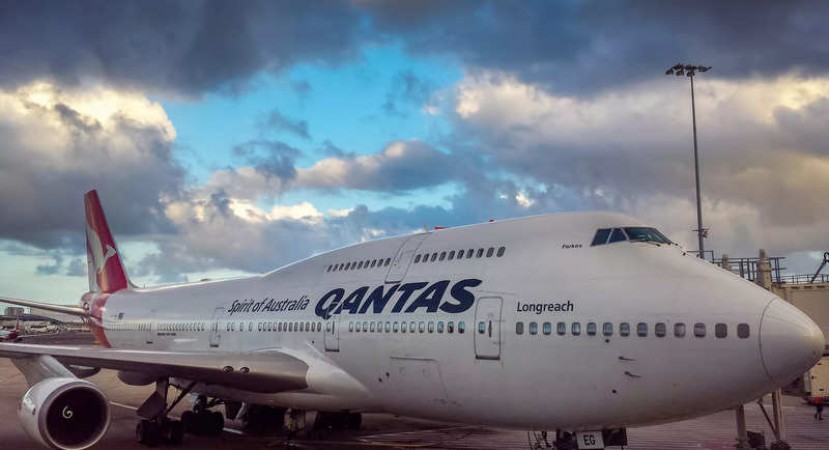
Qantas, Australia's flag carrier, unveiled its entire plan to attain net-zero emissions by 2050, with a 25 percent reduction in carbon emissions by 2030 as a first step.
As per reports, the airline highlighted its targets with four primary initiatives: the adoption of sustainable aviation fuel (SAF), the phase-out of plastics, increased fuel economy, and a range of Australian-based carbon offset projects.
"We've had a zero net emissions goal for several years," said Qantas Group CEO Alan Joyce in the statement. "Today's interim targets are about speeding our work and decreasing emissions as swiftly as technology allows."
The International Air Transport Association (IATA) recognises SAF as a critical component of reaching net-zero emissions in the airline industry, claiming that fuel can reduce emissions by up to 80 percent. Qantas has promised to adopt 10 percent SAF in their fuel consumption by 2030, and 60 percent by 2050. The airline has committed to investing an initial A$50 million in the development of a local SAF industry, with plans to purchase 10 million litres of SAF from BP by 2022.
"Hydrogen or electric-powered aircraft are several decades away, particularly for the length of most flights, therefore our strategy is based on technology that is now available," Joyce explained.
Over 7,000 DR Congo refugees cross into Uganda after intense fighting back home
South Africa 'Cabinet safe from dismissal post no confidence vote
WHO estimates one-third of the world's population yet to get vaccinated